Spotlight
In conversation: Nathan Giorgetti
Continuo Connect meets the cellist and viola da gamba player
Share this

FIRST PUBLISHED 10 OCT 2025
Nathan completed his Master’s degree at the Royal Academy of Music in 2023 as a Christopher Hogwood Scholar, specialising in historical performance on the viola da gamba and baroque cello with Jonathan Manson. During his time at the Academy, Nathan co-founded Intesa, a viola da gamba and voice duo which celebrates the combination of viol and voice across a wide range of repertoire. In 2023-24, he was a Chamber Music Fellow at the Academy as part of Intesa. Nathan is also a core member of Bellot Ensemble, an early music group specialising in 16th and 17th-century repertoire. Bellot was selected as BBC Radio 3’s New Generation Baroque Ensemble 2025-27, and their debut album ‘Cupid’s Ground Bass’ will be released in November 2025. Nathan has played with various leading period performance ensembles, including The Orchestra of the Age of Enlightenment, The Hanover Band, and the Early Opera Company. He is the founder of the Vilalte Festival, a yearly chamber music festival taking place in southern France. The festival has been running for eight years and has put on over 35 concerts.
What non-musical hobbies or interests do you have?
I really enjoy photography as a creative outlet away from music, especially film photography. There’s something refreshing about capturing an enduring snapshot of a moment, contrasted with the ephemeral nature of musical performance.
Who is your favourite composer, and why?
There’s something about Schubert’s music which always moves me. It’s hard to put my finger on it, but it feels timeless and universal.
What made you choose the cello?
I wanted to play the violin as a child, but my family didn’t know anyone who played it. My older brother had a friend who played cello, and that’s how I tried it for the first time, and I never looked back!
Describe a particularly challenging or rewarding moment in your musical journey.
Getting a place at the Royal Academy of Music. I’d only been playing the viola da gamba for one year when I auditioned, and most of that time I’d been teaching myself how to play it due to the difficulty of finding a teacher during the pandemic. I would have never thought I was ready for a Masters course at that point, and I’m very grateful to Jonathan Manson for having encouraged me to apply.
Nathan Giorgetti | Forqueray: La du Vaucel (arr. Nathan Giorgetti)
Would you like to put the spotlight on a teacher, a mentor or an ensemble that has had a significant influence on your journey so far, and why?
Louise Hopkins, my modern cello teacher for four years, was incredibly influential in my early 20s. She was interested in helping me figure out where my place in the music industry was, rather than blindly following the study path I was on. This approach encouraged openness and helped me connect to what I most enjoyed about music-making, ultimately leading me to historical performance!
What’s so special about historically-informed performances?
I was drawn by the focus on expression and authenticity in them, and by the freedoms they afford to include improvisations, diminutions, and ornaments.
How did you get into historical performance practice/Early Music?
Initially by accident! I had always been a ‘modern’ cellist, despite having great great love of Early Music and finding historically-informed performances some of the most compelling. I took the 2020 lockdown as the perfect opportunity to explore a wider range of interests. It was during this time that I came across a video on YouTube of Jordi Savall playing Marin Marais’ Les voix humaines.
Jordi Savall | Marais: Les voix humaines
I was immediately spellbound and decided to rent a viola da gamba from the Viola da Gamba Society and started teaching myself how to play it, initially as a two-week lockdown challenge. Little did I expect to find myself doing at least half of my performance work on the viola da gamba five short years later.
As a recent graduate of the Royal Academy of Music, you have launched a busy and varied career from taking part in the OAE’s Experience Scheme, to winning the Nancy Nuttall Early Music Prize with the Tufnell Trio and working with many leading figures in the Early Music scene. How have you found the shift from education into the industry?
I spent five years working as a freelance musician between my Bachelor degree and my Masters, so the lines became a little blurred once I went back to study the viola da gamba. I found that taking time away from study was very valuable and helped me approach my Masters with more clarity and focus on what I wanted to gain.
As co-founder of Intesa, what do you enjoy most about your role, and how do you overcome any challenges?
Playing with Lucine Musaelian in Intesa has always felt effortless, which is why we chose the name, meaning ‘understanding’ in Italian. It’s been a joy to find a musical collaborator who is so open to trying things and with whom I feel so aligned. The fact that we create all our own arrangements allows us near endless freedom in our programming choices, enabling us to explore all the music we love most, from 10th-century Armenian chants to Radiohead.
Intesa Duo | Komitas: Keler tsoler (Armenian folksong, arr. Lucine Musaelian)
As a duo, it can be difficult to find schemes and funding opportunities which cater to such a small group, but we’ve found that audiences respond very enthusiastically to what we do, and we’ve been very lucky to receive valuable advice and support from people who really believe in our project.

With Intesa, you seek to tell stories in your performances through cultivating historical performance practice in a contemporary context. Can you tell us more?
We love finding connections between pieces and drawing together separate narrative threads from different traditions. We’re currently exploring the Italo-Armenian connection through the island of San Lazzaro degli Armeni in Venice. The island has been home to an Armenian monastery since 1717, where monks studied and transcribed ancient Armenian chant and folk music.
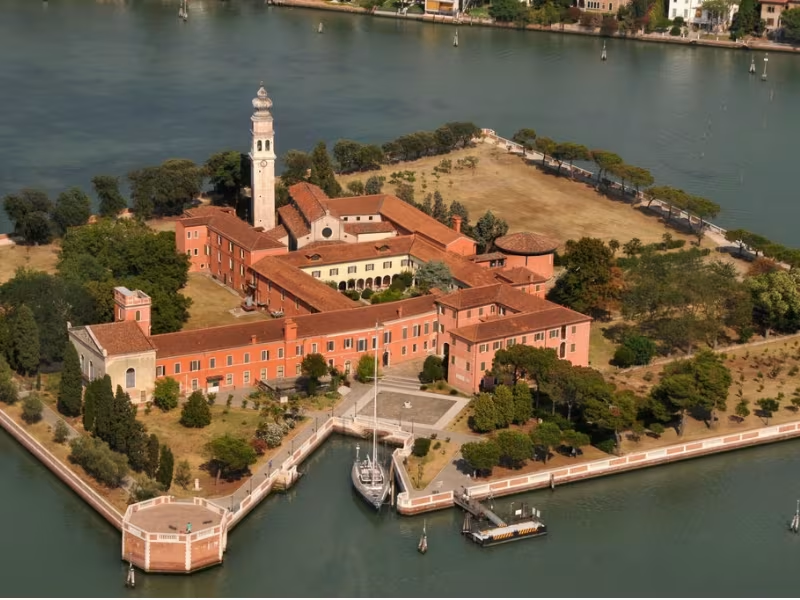
We also integrate folk music that was transcribed by Komitas Vartapet (1869–1935), an Armenian musicologist, composer, and priest who visited the monastery in 1907. Venice was, of course, one of the main hubs for musical performance and publishing in the 16th and 17th centuries, and home to perhaps the most famous baroque woman performer (including self-accompaniment!) and composer: Barbara Strozzi.
Intesa programmes are centred around the art of self-accompaniment across different genres. This is really fascinating – can you tell us more about these traditions?
Our approach to self-accompaniment is partly inspired by the historical figure Tarquinia Molza (1542–1617), who was a musician, writer, and lady-in-waiting in the 1580s Ferrarese court. Molza, who was involved with the Concerto delle donne (lit. ‘Consort of Ladies’), was known for her ability to sing highly virtuosic and improvised diminutions while accompanying herself on the viol.
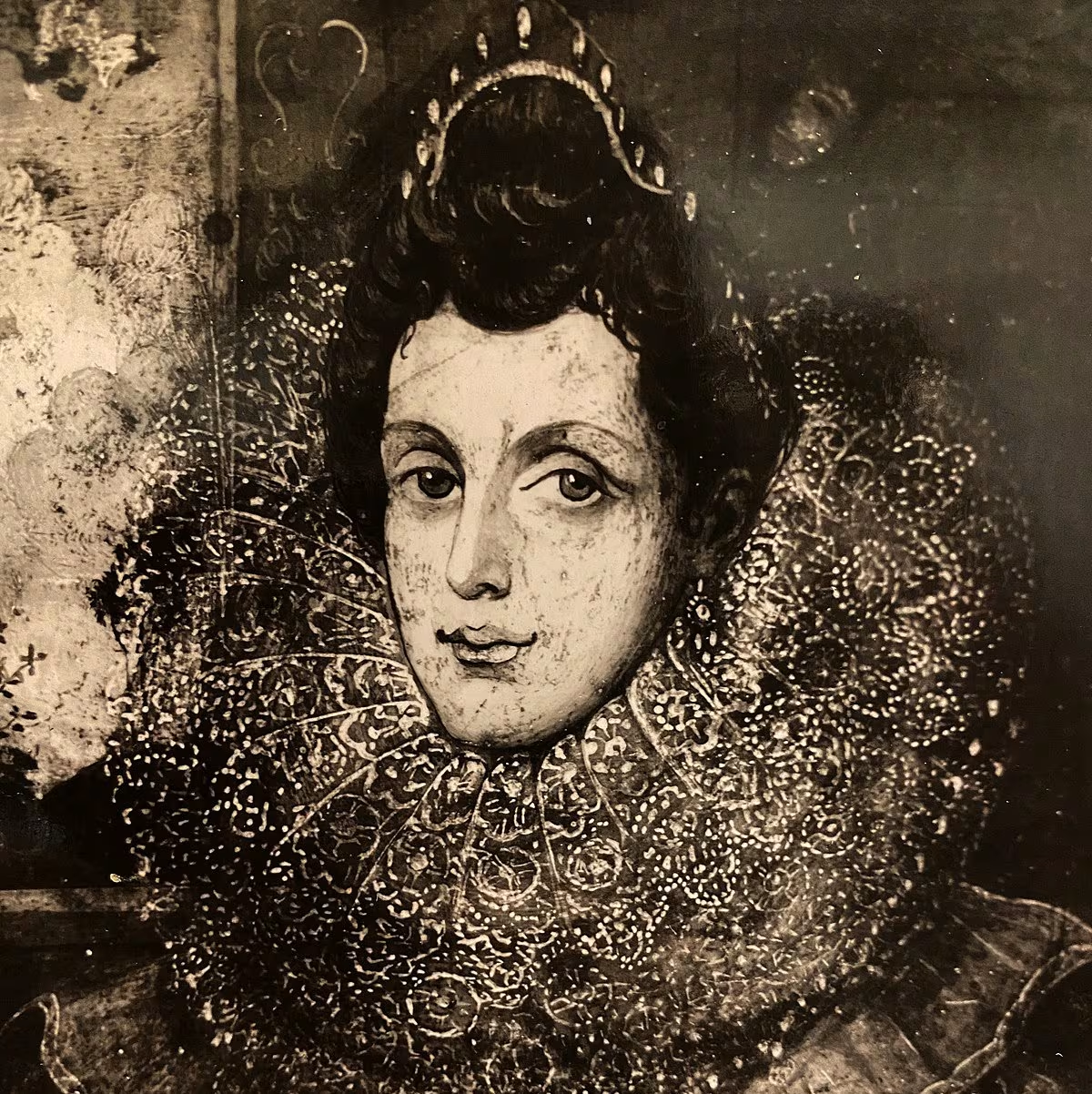
We strive to emulate this originality and intimate form of storytelling in our arrangements and performances. Lucine has an Armenian background, and her approach to self-accompaniment is also inspired by the ashugh traditions of storytelling through song with the accompaniment of the kamancha: a popular string instrument in the Middle East that rests on the lap of the performer.
You founded the Vilalte Music Festival, which takes place annually in southern France, in 2014. How did that come about, and how does running a festival fit into your career?
The festival takes places in a very rural and remote area in the French Pyrenees, it’s the perfect environment to gather my favourite musicians and play some chamber music together!
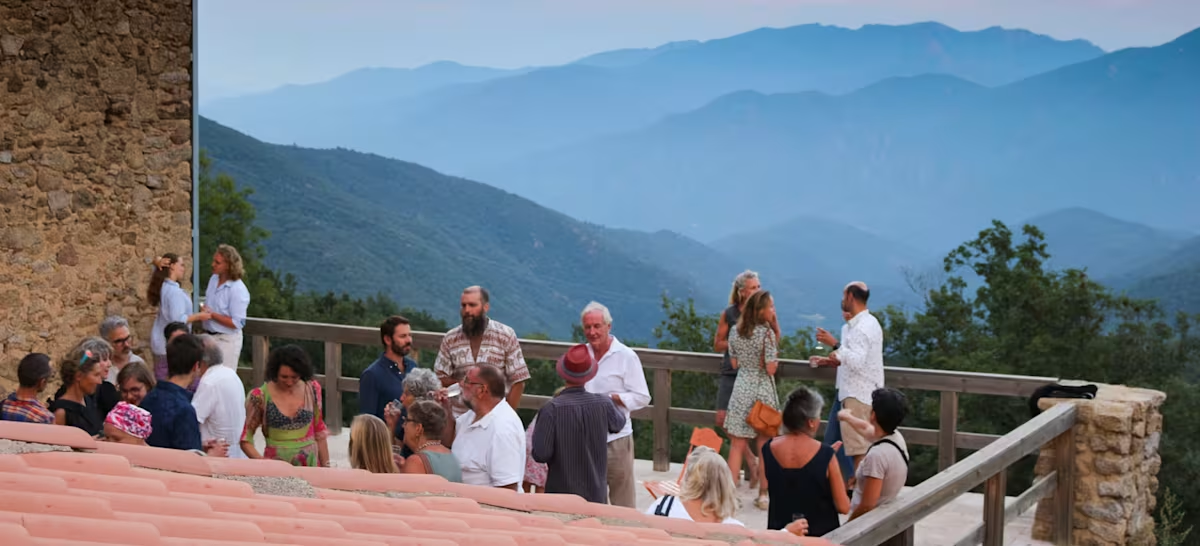
We perform in local villages, some of which only have about 200 inhabitants, and it’s wonderful to hear the audiences’ reaction to music they may have rarely, if ever, heard before. I’d like to expand beyond the performance aspect and have an education branch to the festival in the future, focusing on early music, improv, and self-accompaniment. Watch this space!
Share this
Keep reading
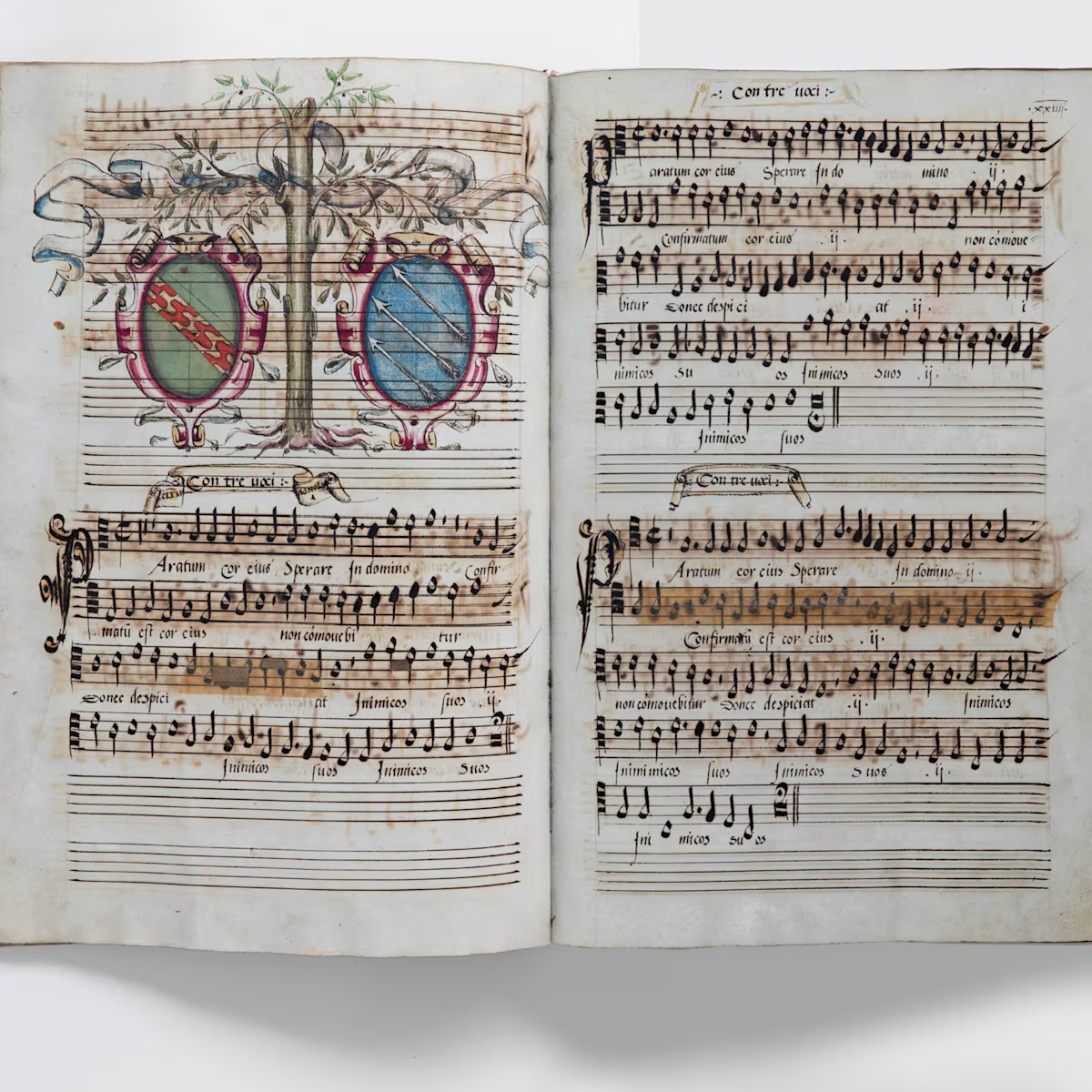
Sisters of polyphony
Laurie Stras uncovers the stories behind the extraordinary Biffoli–Sostegni manuscript, and traces the lives of the nuns who sang from it.
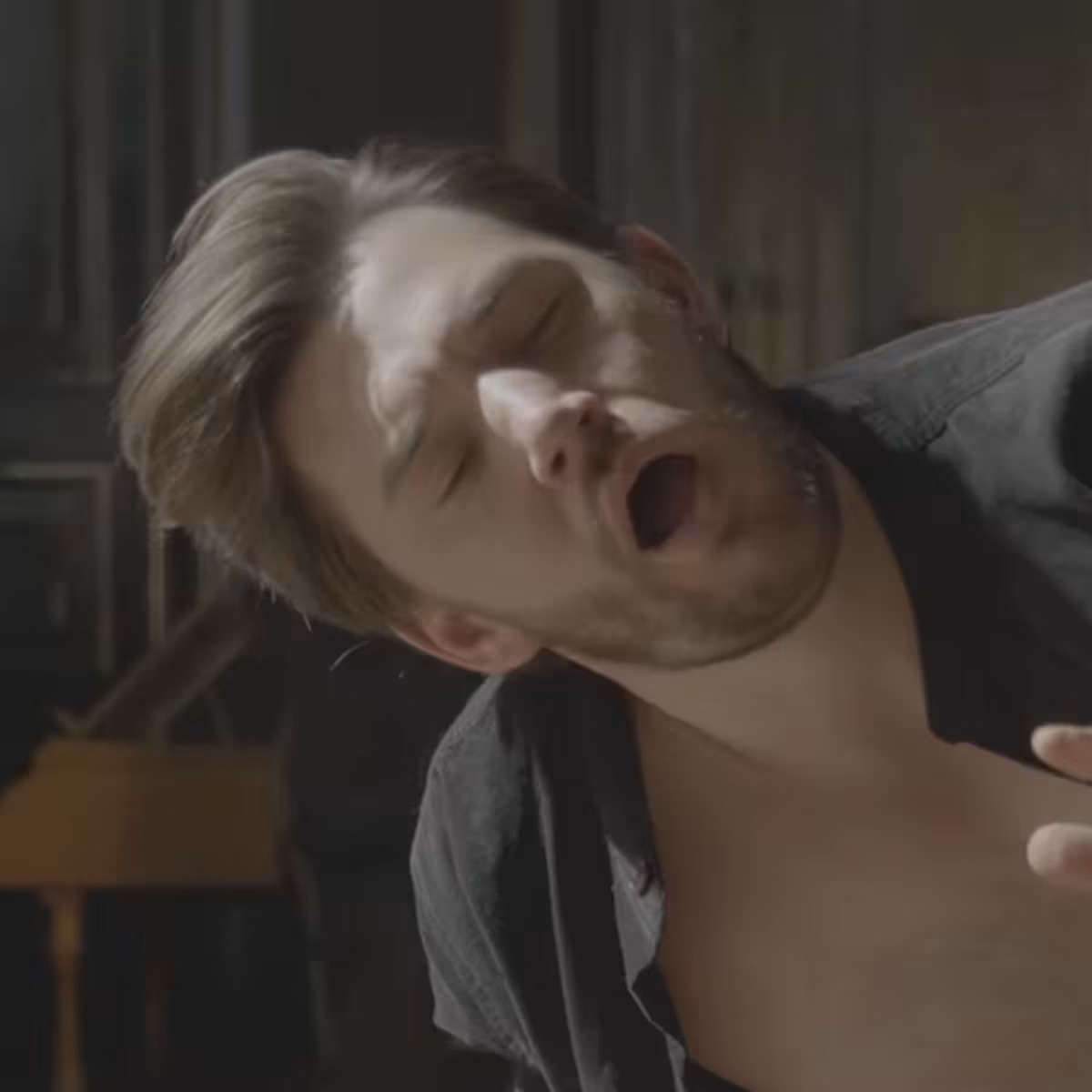
Bellot Ensemble | Cavalli: ‘Delizie, contenti’
Bellot Ensemble and tenor Kieran White perform ‘Delizie, contenti’ from Francesco Cavalli's 1649 opera, 'Il Giasone' on the album, ‘Cupid's Ground Bass.’
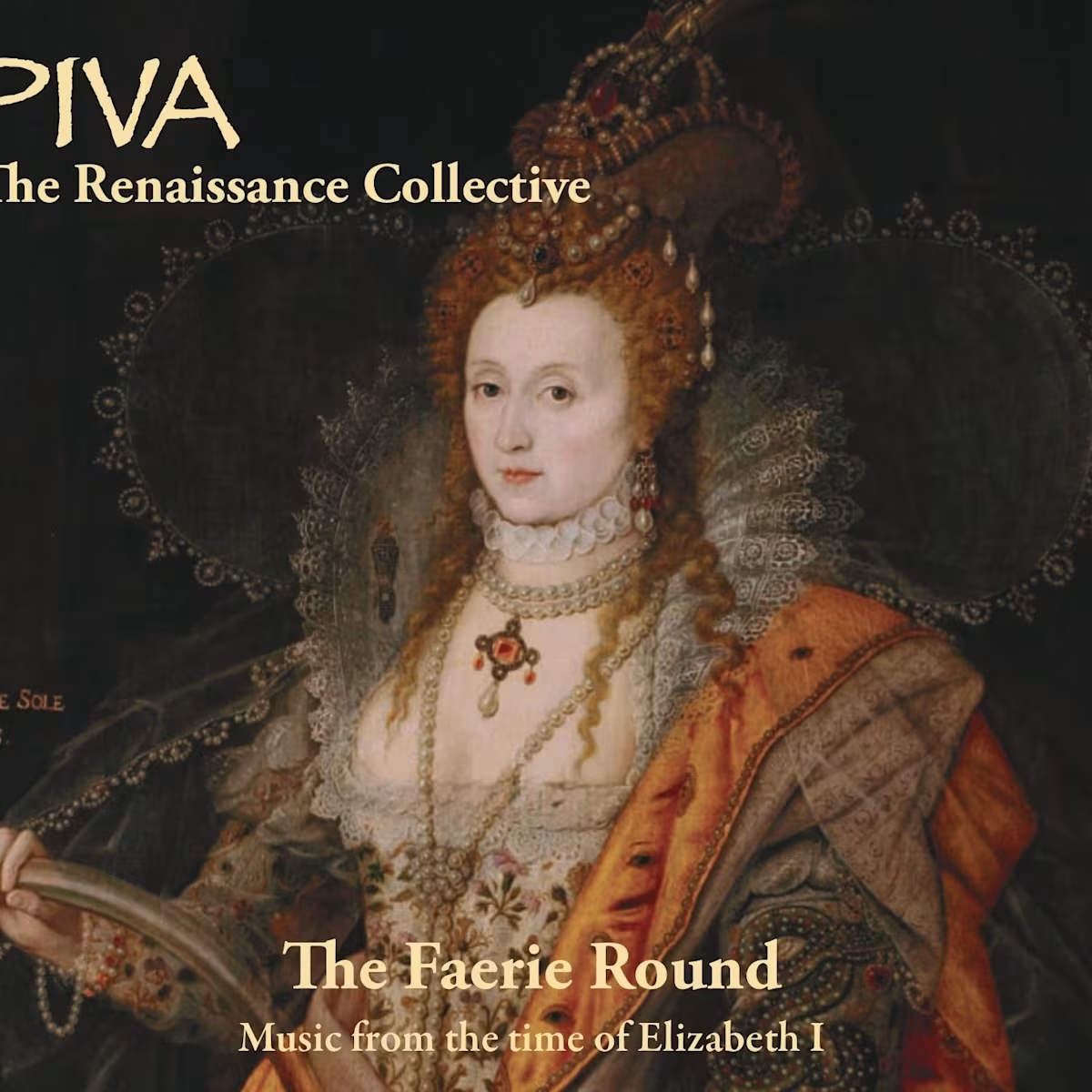
The Faerie Round: Music from the time of Elizabeth I
PIVA – The Renaissance Collective’s third album features dance and ballad music from late Elizabethan England.






